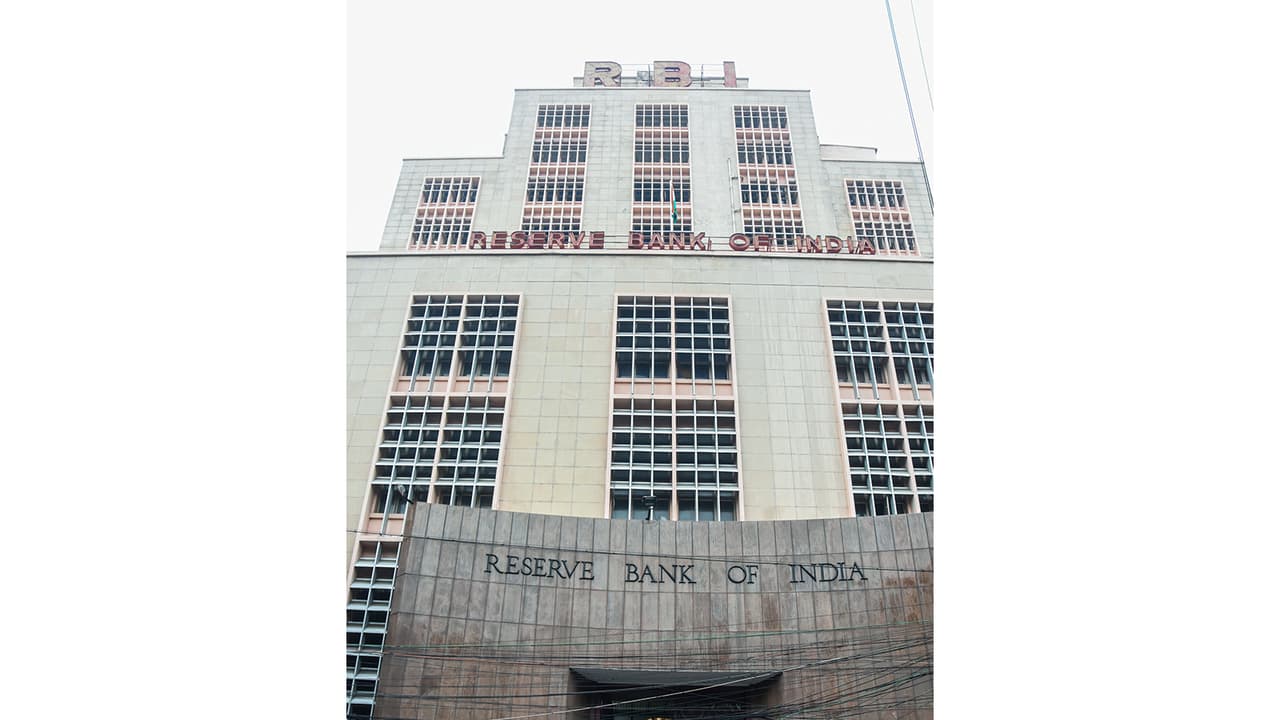The Reserve Bank of India’s October 2025 bulletin highlights the Indian economy’s resilience amid global uncertainty. Key indicators show reviving urban and robust rural demand, while inflation has moderated.
The Reserve Bank of India (RBI) on Monday released its October 2025 Bulletin, noting that the Indian economy continues to show resilience amid global uncertainty and weak external demand. According to the bulletin, “the Indian economy displayed resilience amidst broader global uncertainty and weak external demand”, with high-frequency indicators pointing to a revival in urban demand and “robust rural demand”.
Headline inflation also “moderated sharply in September, marking its lowest reading since June 2017”.
Private corporate sector shows strong recovery as corporates bounced back from the COVID-19 shock with stronger profitability and balance sheets. Corporate sales “rebounded sharply post-pandemic, peaking at 32.5 per cent growth in 2021-22 before stabilising at 7.2 per cent in 2024-25,” the RBI said.
Net profits “rose significantly to Rs 7.1 trillion in 2024-25 from Rs 2.5 trillion in 2020-21”, improving the net profit margin to 10.3 per cent from 7.2 per cent.
The report added that corporates continued to “deliver their balance sheet supported by capitalisation of higher profit, with debt-to-equity ratios improving across firm sizes” and that the interest coverage ratio for manufacturing firms reached 7.7, indicating “robust debt-servicing capacity.”
SME IPO’s have boomed driven by retail investors shows a sharp rise in SME listings. The RBI observed that “the SME IPO market in India saw a sharp surge in activity during FY 2023-24 and FY 2024-25, supported by strong retail participation and favourable market sentiment.” IPOs were often “highly oversubscribed” and delivered strong listing gains.
Most SMEs used the proceeds for capital enhancement or working capital purpose, the bulletin said, but cautioned that “post-listing performances of these SME stocks reveal both opportunities and risks for investors.”
In an article in the bulletin, the RBI outlined a framework for improving the reliability of financial data submitted by regulated entities.
The article proposed a “data quality index (DQI)” that uses eight dimensions to assess data integrity, aiming to enhance “institutional credibility, regulatory and supervisory efficiency, and public trust.”
It also underlined the “significance of automation in data generation and collection processes for enhancement of data quality.”
The bulletin’s also noted that India’s steel sector faced significant headwinds due to cheap imports and dumping from major global steel producers during 2023-24 and 2024-25.
The apex bank found that steel imports have seen a surge largely driven by lower import price of steel, adversely impacting domestic production.
It added that “the dumping of cheap steel from global producers may pose a risk to domestic steel production,” though recent safeguard duties “provide insulation against import dumping.”
(Except for the headline, this story has not been edited by Asianet Newsable English staff and is published from a syndicated feed.)
